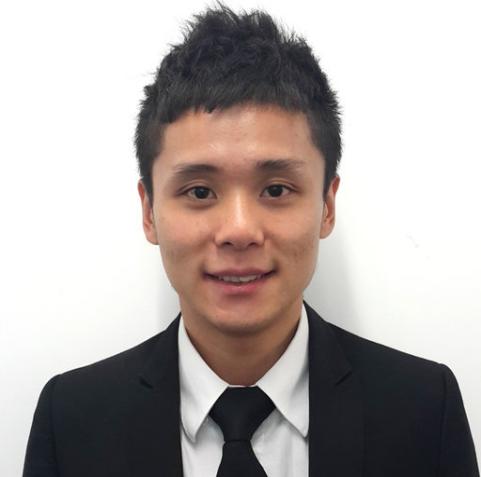报告题目 | Online Retailing Operations: Is It Wise to Offer Free Sample Trial and Money-Back-Guarantee Together? |
报告人(单位) | Yong-Hong Kuo (University of Hong Kong) |
主持人(单位) | 王杰、陈静(东南大学) |
时间地点 | 时间:2024年6月27日 上午9:30 地点:九龙湖经管学院B201 |
报告摘要和内容: This paper is the first one which analytically examines when and whether an online retailer should provide both strategies simultaneously, and when one strategy outperforms the other. We consider an online retailer selling to consumers who are uncertain about the product values when making purchasing decisions. The retailer decides whether to offer MBG or FST. We develop analytical models to examine four strategies: Strategy NN (both FST and MBG are not provided); strategy NS (FST is provided and MBG is not offered); strategy MN (FST is not provided and MBG is provided) and strategy MS (both FST and MBG are offered). Comparing among these four strategies, we find that, when only FST is offered, the retailer surprisingly should decrease the price if the product cost is low. If the retailer only provides MBG, he will charge a higher price compared with the situation when MBG is not provided. When the size of free sample is very low, strategy NS (MS) is the optimal strategy if the product’s cost is low (high). When the size of free sample is high, strategy MN is the optimal strategy. Then, we extend our model to consider three situations, namely: (a) the retailer offers coupons to consumers to experience the free sample, (b) consumer returns incur a cost, and (c) the size of free sample is endogenous. We find the main conclusion remains robust. Our findings may help explain some real-world practices, such as why retailers (such as Amazon and Walmart) provide consumers with low volume toner to decrease the free sample cost. Skincare products retailers such as Lancôme, Estee Lauder and Guerlain implement both MBG and FST. We also interestingly show that a higher size of free sample may not necessarily bring more benefits to consumers. This is a joint work with Jiaxin Lin and Tsan-Ming Choi. | |
Professor Kuo is in the Department of Industrial and Manufacturing Systems Engineering, the University of Hong Kong. He earned his B.Sc. in Mathematics and M.Phil. and Ph.D. in Systems Engineering and Engineering Management, all from the Chinese University of Hong Kong. During the period, he also worked at the University of California at Berkeley as Visiting Researcher and Oak Ridge National Laboratory as Visiting Student. Prior to joining HKU, he was Research Assistant Professor at Stanley Ho Big Data Decision Analytics Research Centre, the Chinese University of Hong Kong. His research, with his role as Principal Investigator, has been supported by a number of funding agencies, with a total amount of funding around HKD 30 million. His solution methodologies and applications have been published in journals such as Production and Operations Management, IIE Transactions, Decision Support Systems, European Journal of Operational Research, and Transportation Research A/B/C/E, and applied in multiple real-world applications. He has served the Operational Research Society of Hong Kong as President, on the Editorial Advisory/Review Boards of Decision Sciences Journal and Transportation Research Part E, and as Managing Guest Editor for several academic journals. | |


